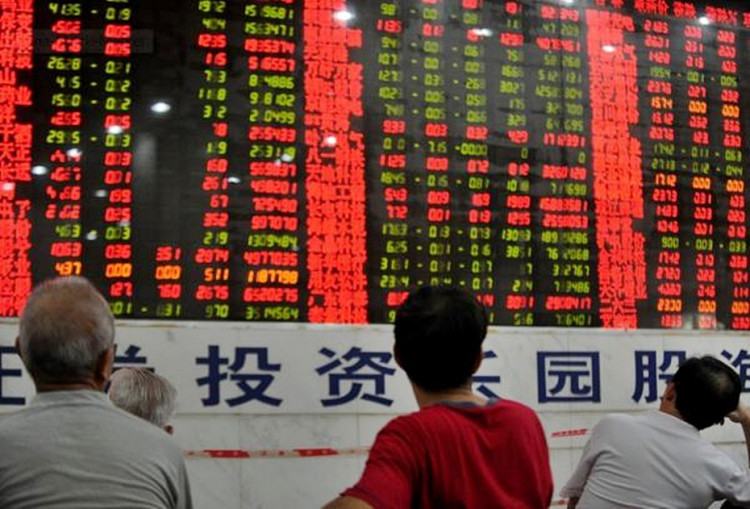A Chinese asset management firm that sees its mission as "changing the world," has come out extremely bullish on China's flagging stock market despite Trump's trade war and China's weakening economy.
Beijing Shennong Capital Asset Management Co. or Shennong Capital claims China's twin stock markets remain fundamentally sound, and that the current market turmoil isn't due to structural weaknesses but stems from "mood swings."
General Manager Chen Yu dismisses concerns over Trump's trade war with China and the painful deleveraging campaign by the People's Bank of China (PBOC), saying the market has long priced-in these contrarian factors.
He declares he's ready to go all-in on equities and plans to convert the cash that accounts for 40 percent of the company's RMB 2 billion ($293 million) assets under management. Chen has been considered among China's best private fund managers by state-run China Securities Journal every year for the past five years.
Chen has more than 320,000 followers on his Weibo social media account. This means his opinions are closely monitored by retail investors that account for the bulk of mainland trading. His message today: conditions are good for investing in the stock market.
Chen said mainland equities should get a reprieve as Beijing tries to diffuse the pessimism pervading Asia's worst-performing stock market. Beijing Shennong now focuses on onshore-traded consumer, technology and healthcare firms.
Chen's particularly bullish about the healthcare sector, which he claims is merely at the beginning of a long and robust bull market. Among healthcare firms, Chen favors those with exposure to innovative cardiovascular and cancer drugs. He noted that healthcare is the only sub-gauge on the CSI 300 Index that's risen year-to-date. Healthcare has improved by 4.9 percent.
Chen's other predictions: tech will remain lucrative and should mostly be immune from the effects of Trump's trade war against China. Consumer stocks are good buys and will continue to benefit from China's shift towards a more consumer-oriented economy from an export-driven one.
A look at the Shanghai Composite, however, will give one pause and question Chen's optimism. The Shanghai Composite has fallen 22 percent from its January peak due to the twin misfortunes called the Trump trade war and a slowing Chinese economy.
Despite his flagship fund heading for its worst annual performance since its creation in 2010, Chen remains optimistic the market will turn around, perhaps faster than expected.
He noted that everyone is worried, adding that the fear among investors is contagious. "That's an opportunity," said Chen. "I believe the worst is almost over."






